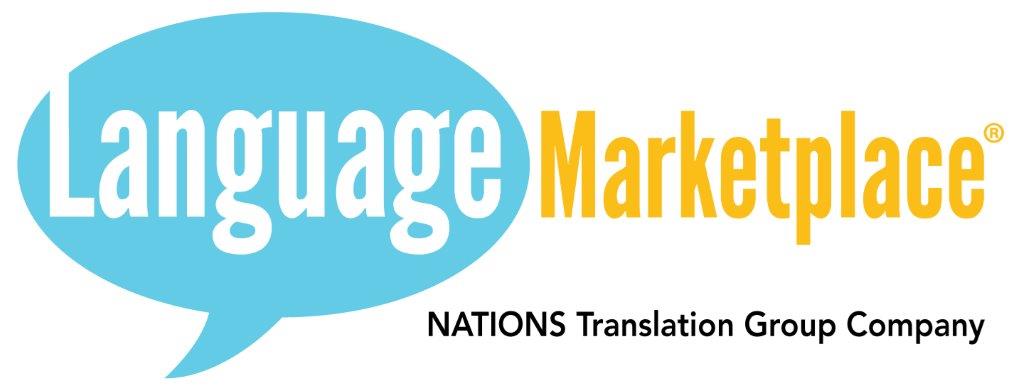Pre-requisites to becoming a translator
If you are serious about becoming a translator, first you must like writing and also working alone. You must also like doing research.
Education Pre-requisites
Your education standard must be very high; with very few exceptions, a degree is essential, though not necessarily in linguistics – it is a positive benefit to have qualifications or experience in another subject matters. Postgraduate training in translation is valuable, as a proper inter-lingual rendition of a text is important. As a translator you must be able to write very well in your own mother tongue, both structurally and grammatically. You also need to be able to register appropriate rendition to the subject and have ability for research on technical subjects.
It goes without saying; that you as a translator should have a thorough grasp of both languages in your language combination and you must also be familiar with the culture and customs of the countries of your languages. For example, Portuguese is mainly spoken in Portugal, Angola, Mozambique and Brazil. There are slight differences of the language in each of the countries. A translator needs to know these for a proper translation to be rendered.
Like in every aspect of our lives, no one is good at everything. A good translator knows what specific field(s) that he or she can specialise in, be it literature, technical, medical, legal.
Other Pre-requisites to becoming a good freelancer translator
You will need to invest in some tools – At a minimum you should have a computer and appropriate word-processing software; an internet connection and a fax machine still comes handy; suitable dictionaries, thesaurus and references materials in your subject area of expertise.
Every translator needs a telephone; answering machine (and, optionally, a dictating machine); increasingly, today’s translators are also using translation memory software and other translation tools to make their work more efficient and consistent. In an office translation environment, the use of the Computer-Aided Translation (CAT)-tool Trados has become the standard. CAT-tools like Trados, Déjà vu, WordFast or a handful of others tools currently in the market can be costly, however they are worth the investment if you are considering working as a professional translator.
